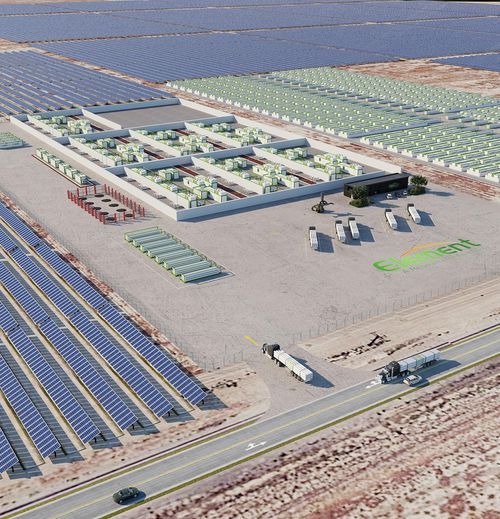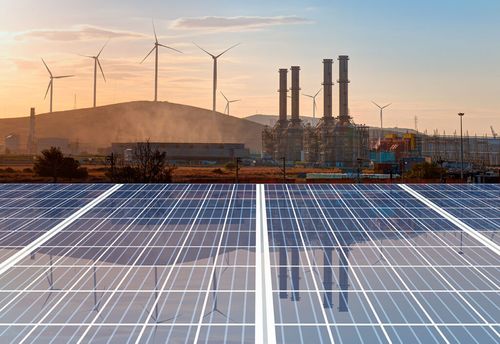bp Ventures and Templewater led the recent $111.3 million investment round into Hysata, an Australian electrolyzer company, according to a news release.
The Series B capital raise had backing from existing strategic and financial investors IP Group Australia, Kiko Ventures (IP Group plc’s cleantech platform), Virescent Ventures on behalf of Clean Energy Finance Corporation, Hostplus, Vestas Ventures and BlueScopeX.
The company also welcomed new major strategic and financial investors POSCO Holdings, POSCO E&C, IMM Investment Hong Kong, Shinhan Financial Group, Twin Towers Ventures, Oman Investment Authority’s VC arm IDO and TelstraSuper.
Hysata will use the funding to expand production capacity at its iconic beachside manufacturing facility in Wollongong, New South Wales and further develop its technology as it focuses on reaching gigawatt scale manufacturing.







